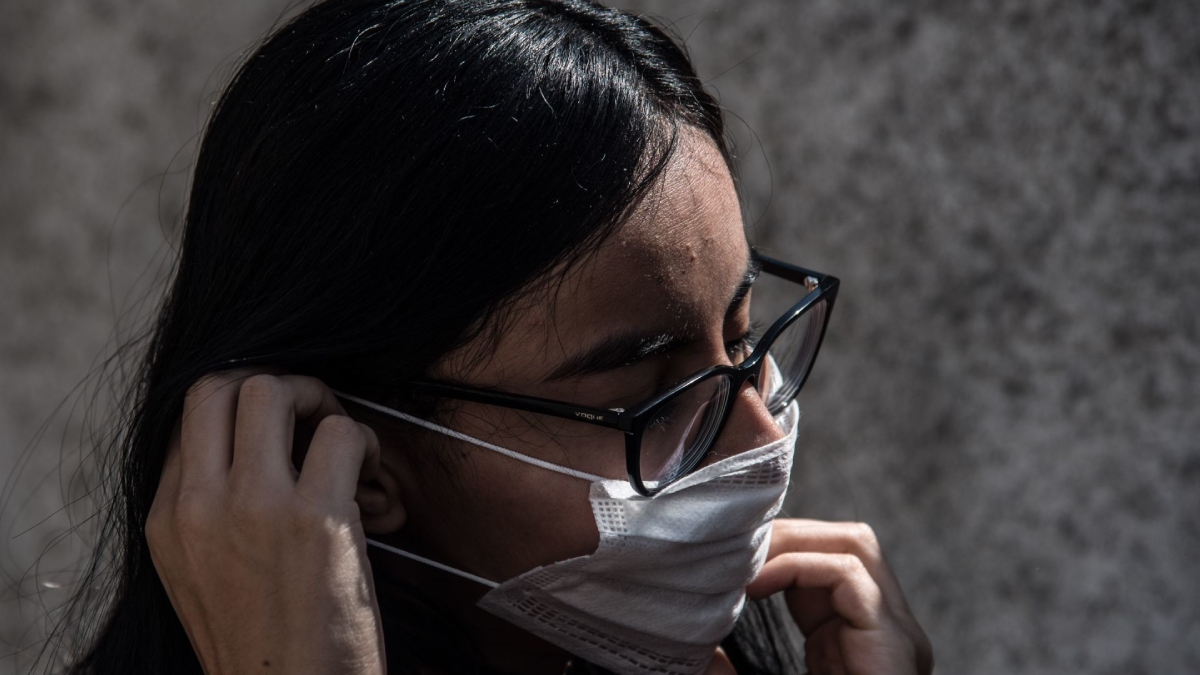
wake realize your children they are sick respiratory system since last fall.
“We started around October, November when they started getting sick like the flu and, um, you know, we took them to the pediatrician and they couldn’t get past the paracetamol or loratadine and they were out for a week and then It relapsed again and that’s how we kept it until “it’s February now”. Estela Romero / witness
Why do respiratory illnesses last so long?
this expert explain why extend two diseases respiratory system whether they are bacteria Or go viral.
he first They say the factors are pollute Environmental, pediatric infectious disease allergy specialist explains, Gerardo Lopez Perez.
“Environmental factors cause direct damage to the respiratory mucosa – the damage that covers the nose, throat and lower respiratory tract (i.e. the bronchi) – which can cause them to become permanently inflamed.”
Gerardo López Pérez / Pediatric Infectious Disease Allergist
However, there is one second factor: allergy.
“One of the conditions that can cause a person to have seemingly normal flu symptoms for a long time or to have recurring symptoms due to these respiratory symptoms is in people with allergies.”. Gerardo Lopez Perez / Pediatric infectious disease allergy specialist
Likewise, another factor yes disease chronicle.
“People with diabetes, people with chronic bronchitis or COPD, people with heart disease, other people with gastroesophageal reflux, which happens to be a very common pathology, then this would irritating the airways and causing them to suffer from permanent conditions as well”.
Gerardo López Pérez / Pediatric Infectious Disease Allergist
this symptom They are more persistent stuffy nose and cough.If they don’t leave, you have to leave go with a expert.
“Allergists, such as pulmonologists, such as otolaryngologists, and the doctor treating you should refer you to these specialists if you observe this behavior”. Gerardo Lopez Perez / Pediatric infectious disease allergy specialist

